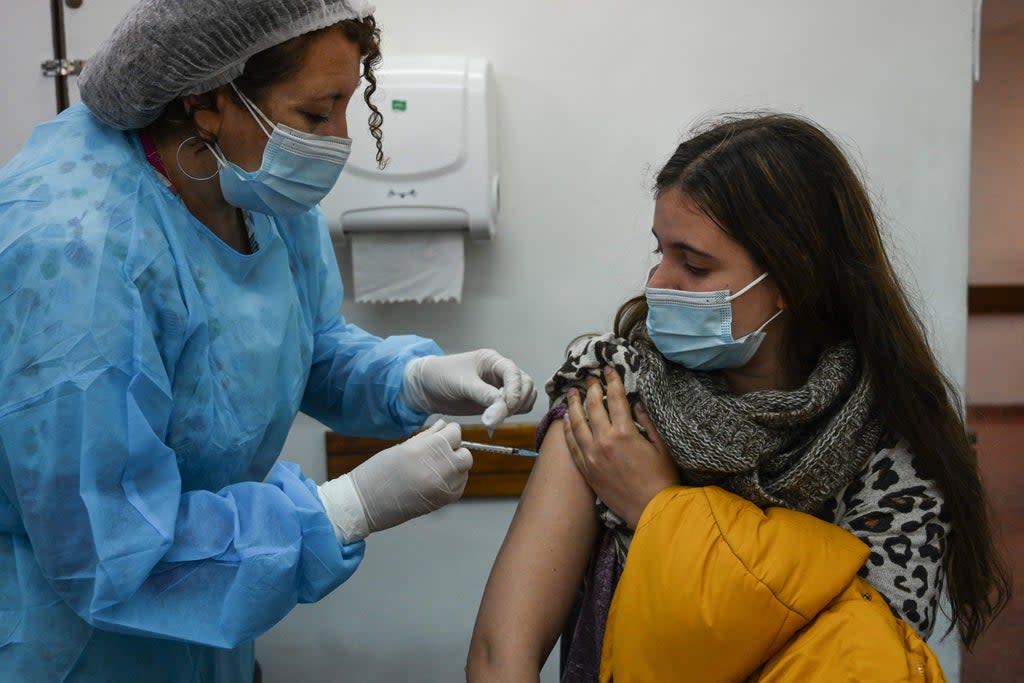Most medical researchers didn’t disclose conflicting payments from industries, study says

Most medical papers published in 2017 in the Journal of American Medical Association and the New England Journal of Medicine failed to disclose the authors’ conflicts of interest in the form of industry payments, a new analysis has revealed.
The yet-to-be peer-reviewed research, posted in the preprint repository medRxiv this month, analysed 31 clinical trial reports published in 2017 in each of the two high-impact journals and identified 118 authors who, in total, received more than $7m (£5.1m) in industry payments.
“The physician-authors (n = 118) received a combined total of $7.48m. Of the 106 authors (89.8%) who received payments, 86 (81.1%) received undisclosed payments,” the researchers noted in the new study.
The researchers, including those from the University of Pittsburgh in the US, assessed financial data reported to Open Payments from 2014 to 2016.
Open Payments is a US government website in which drug and device makers must report payments to physicians and health care providers.
The researchers compared the data from the government website to self-reported disclosure forms submitted to the journals.
The study’s analysis included all payments made to researchers between 2014 and 2017, and found that more than 80 per cent of authors whose work appeared in these reputed journals during that period did not disclose their industry payments.
Payments in the analysis were defined as those not associated with a research study or formal research funding, and were categorised as “disclosed,” “undisclosed,” “indeterminate,” or “unrelated.”
The analysis revealed that the top 23 most highly compensated authors received $6.32m, “of which $3.00 million (47.6%) was undisclosed,” and only a dozen did not receive any payments.
The authors received anywhere from $6.36 to as much as $1.49m, according to the preprint. These included payments for travel, food, speaking as well as “consulting services”.
The International Committee of Medical Journal Editors (ICMJE) recommends that study authors disclose the payments they received in the three years prior to submitting a study for publication, and member journals such as Journal of American Medical Association and the New England Journal of Medicine require researchers to follow these guidelines.
However, this expectation is not met by many authors, indicating that voluntary disclosure may not be sufficient for ensuring transparency in medical research.
“These are high-impact and highly influential journals. For many Americans, these are the centerpieces of evidence-based medicine. Many physicians subscribe to them. Many journalists turn to them for information,” Brian Piper, one of the authors of the preprint from the Geisinger Commonwealth School of Medicine, told STAT.
Dr Piper suggested that journals review Open Payments and make available a link showing payments made to authors.
The Journal of American Medical Association is yet to respond to queries on the preprint sent by The Independent.
In a statement, the New England Journal of Medicine said that it follows the disclosure rules set by the ICMJE, and that its editors review more than 5,000 disclosure forms received each year.
However, it added that it “does not have access to primary records on which the information entered in the forms may be based. We expect the disclosure forms submitted by authors to be accurate and complete.”

